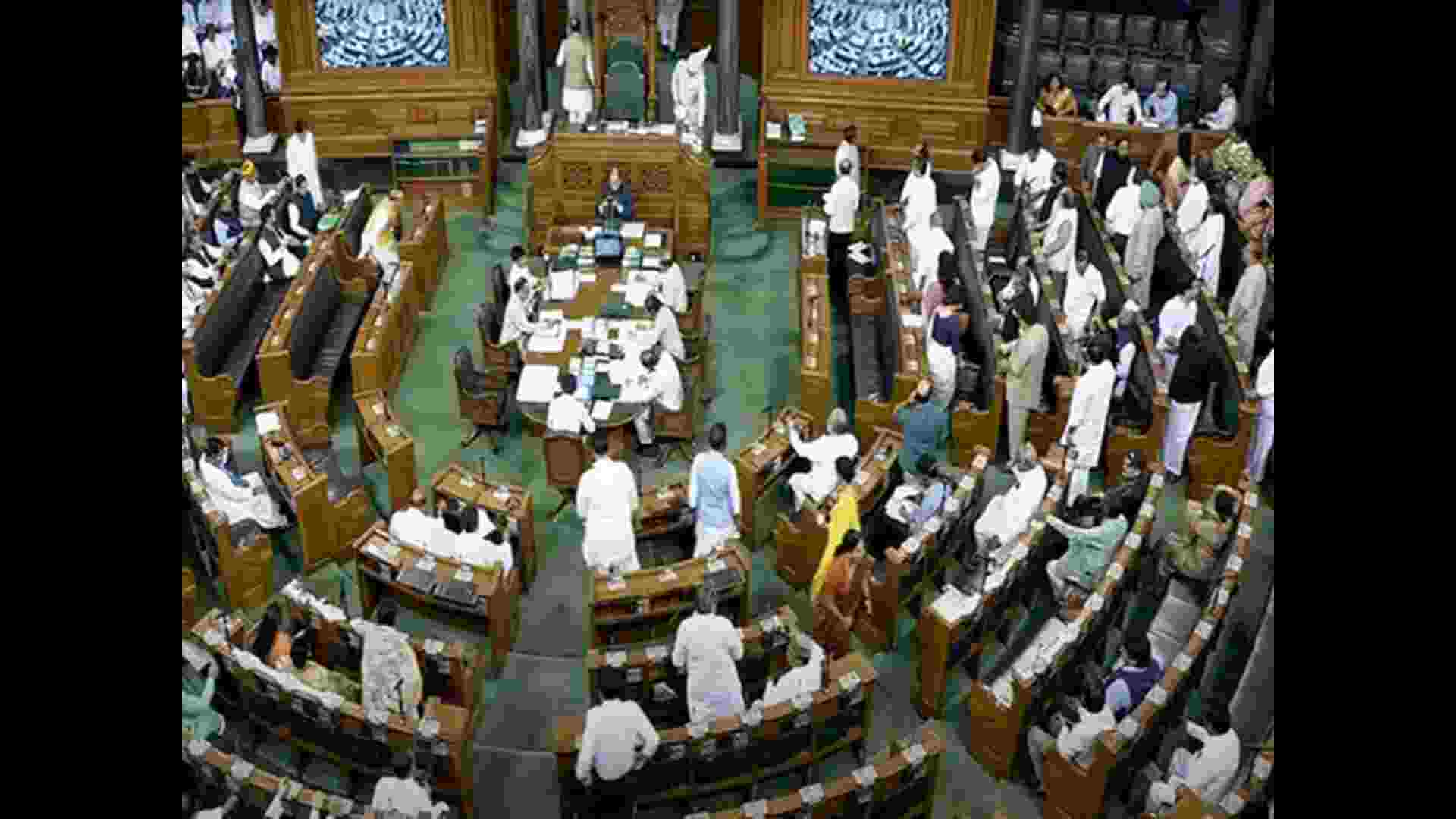
Zerodha co-founder Nithin Kamath has come up with an innovative wayof curbing air and water pollution by linking property prices to environmental quality. To this end, the co-founder at Zerodha recently shared on X how India’s pollution levels are spiking and what statisticsshow for air pollution death tolls. Underlining how even the mostpressing this issue is, Kamath suggested how possibly property pricescan be adjusted based on local air and water quality by incentivizing communities to address the degradation of the environment.
“If economics had something to do with this, perhaps we‘d all get it. Essentially, the air and water quality should determine the rates of property,” Kamath averred. He explained that linking the value of properties to environmental factors could help make property owners custodians of their neighborhoods. He cites JP Nagar in Bengaluru to explain how this change could help people take care of their entire locality instead of caring for just their property.
You have to wonder what it will take for us to take air pollution more seriously. By the way, this data only covers until 2019, and things have only gotten worse in the last five years.
Maybe a property price discount for the quality of air and water is the solution. If… pic.twitter.com/QtyzkqoG43
— Nithin Kamath (@Nithin0dha) November 24, 2024
It sparked enormous attention, with various social media users praising it for being visionary. A few brought out the possibility that these steps may create better awareness of the real damage caused by pollution on property values and quality of life.
One user quipped, “The actual worth of luxury houses depreciates when you realize you are inhaling polluted air, no matter how much money you throw at the project.” Another just pointed out, “A startup that solves pollution problems will be the next big thing.”
Kamath also emphasized that while Delhi’s hazardous air often dominates headlines, cities like Mumbai, Chennai, Kolkata, and Bengaluru are also grappling with poor air quality. With growing interest in sustainable solutions, Kamath’s suggestion offers a unique lens through which to address environmental challenges.















